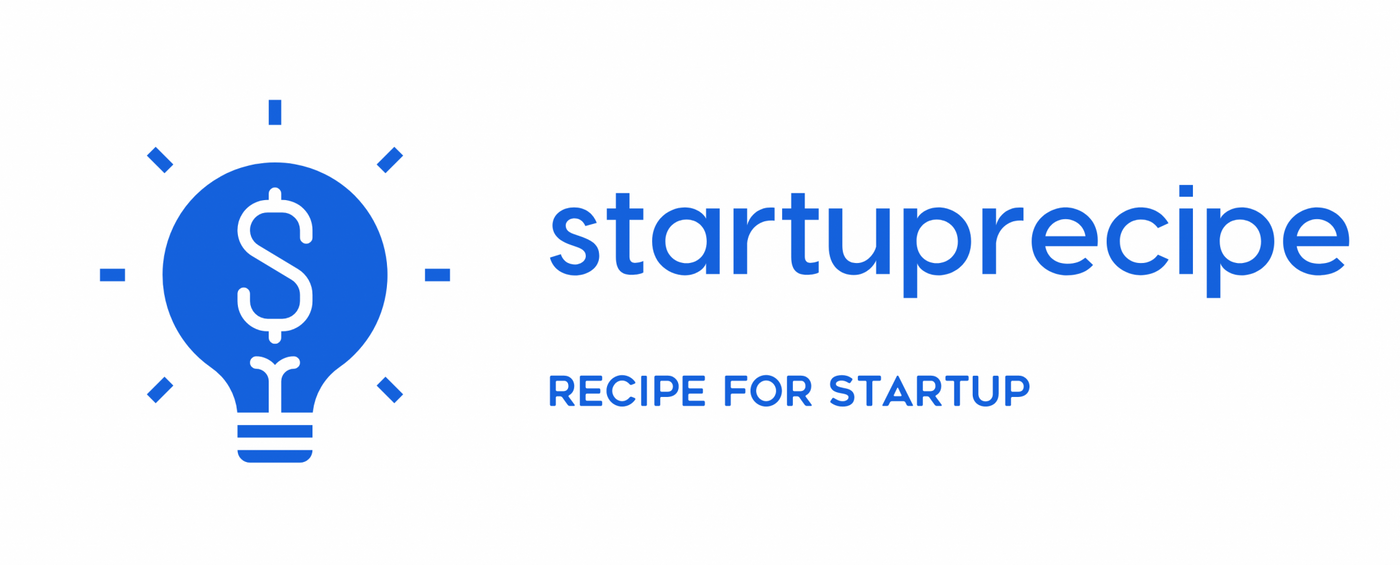The secret behind the rise of unicorn startups in Korea
-
The secret behind the rise of unicorn startups in Korea
According to the Korea Unicorn Report published by Startup Recipe in September, there are 16 unicorns in Korea. It is the second-largest figure in Asia after China and India. This rapid increase in unicorns has been noticeable since 2019, and the government has launched national initiatives to nurture unicorns to continue this growth. It started the K Unicorn project in 2019 to select startups with the potential to become unicorns in the future and to support financial and non-financial growth. The K-Unicorn project is in two stages.
In the first stage, it provides up to 300 million won as a market development fund for baby unicorns with a corporate value of less than 100 billion won. The second stage provides special guarantees up to 10 billion won for preliminary unicorns with a corporate value of 100 billion won to 1 trillion won. Until last year, 100 baby unicorns and 76 preliminary unicorns were selected. The government lavished full support for these companies, focusing on growth potential even if they do not have sales performance. Of the 76 preliminary unicorns, 61 companies (80.3%) received an average of 53.9 billion won in guarantees alone, despite negative operating profit in the previous year at the time of surety.
These efforts by the government have led to actual results. When analyzing the performance of companies selected as baby unicorns and preliminary unicorns, many of them performed well, such as attracting follow-up investment and creating jobs. In addition, some companies showed outstanding results, such as IPOs and winning in overseas startup competitions. As of the end of 2021, the 176 companies that participated in the project created 38.3 jobs per company, a total of 6,739 jobs (68.0%↑). The company with the largest increase in employment was Kurly, which was selected as a preliminary unicorn in 2019, and achieved an increase of 2,228 people in two years.
Sales of selected companies also grew significantly. The 27 companies that received special guarantees for preliminary unicorns in 2019 saw their sales expand by about 50% for the second consecutive year. Ridi, whose operating profit was in the red at the time of selection, marked a turnaround after being selected. In addition, 76 of the 176 participating companies secured 2.24 trillion won in follow-up investment after the selection. Six companies succeeded in exit, including craft beer startup Jeju Beer and recruitment matching platform Wanted Lab. Three unicorns were born in 2022, following Kurly and Zigbang. Fashion platform ZigZag was acquired by Kakao.
Along with Ridi, several new unicorns are expected to appear in Korea this year. Ohouse operator Bucketplace, which became a unicorn with a corporate value of over 1 trillion won but didn’t formalize its status, and Pinkfong operator The Pinkfong Company are expected to join the unicorn club this year.
The government plans to expand the number of supporting companies and the amount of support in 2022 to further strengthen the project and contribute to the birth of the unicorn.
This article is originally published on StartupRecipe Web Page.
Are you a startup, investor or corporation? Or do you just enjoy talking about startups? There are many ways that you can work with TechShake.
We’d love to hear from you!